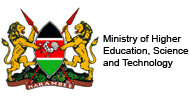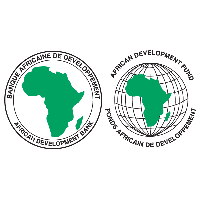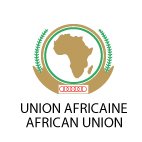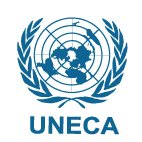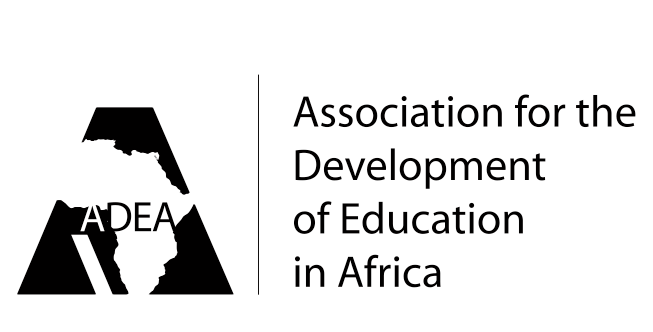Potential for homegrown health innovation huge
Support the innovation pipeline.
This was the call from approximately 25 health experts who gathered in Nairobi, Kenya to discuss how Science, Technology, and Innovation (STI) could be better harnessed to address health challenges in Africa. The meeting was part of the first African STI Forum.
Confronted with the question on the initiatives that were needed to connect existing STI resources and partners into a ''collective action system” capable of solving specific challenges in health, the group's first choice was the innovation chain.
This means, for instance, angel clubs to connect researchers, business mentors and investors; taking a program management approach to innovation; and collaborative networks such as the African Network for Drug and Diagnostic Innovation (ANDI). Other suggestions to connect STI resources and partners were the need to validate health innovations that leverage existing indigenous knowledge and Pan-African research and development management and coordination frameworks. Lastly, experts believed there was a need to rethink innovation systems ingredients and dynamics for Africa that would reflect the continent's realities.
The group also considered the experience of African entrepreneurs seeking to commercialize potentially transformative health innovations. They decided that although African health innovators face many challenges as they develop, validate, and ultimately commercialize their ideas, these are not insurmountable. Indeed, if they were addressed, the potential for homegrown health innovation in Africa was tremendous, the group decided.
Opportunies and resources
Using a future scenario that offered a positive, alternative future for African health entrepreneurs, the group focused on identifying the top challenges that must be addressed, the resources that can be tapped into right now, and the existing and/or new mechanisms that can be employed to realize is possible future.
The first question posed by the Chair, Dr. Hassan Mshinda, Director of the Commission for Science and Technology of Tanzania, was: What specific challenges must be overcome/opportunities seized to realize this possible future in health?
Promoting a culture of entrepreneurship in Africa; providing access to capital for health innovation; engaging business men and women in STI-based planning and implementation, said the group.
The Chair then posed the question: What resources on the African continent can be tappeded into right now to address the specific challenges and seize the opportunities that were just identified.
With regard to existing resources, the participants said researchers and business people were ready and able to put STI to work for health; there were funding opportunities, training (e.g., on intellectual property, commercialization) and networking opportunities (e.g., Centers of Excellence)
In the session Peter Singer, Chief Executive Officer, of Grand Challenges Canada was the Provocateur; Solomon Nwaka, Director, African Network for Drug and Diagnostic Innovation was the Rapporteur and Amanda Rose, Program Officer of the Global Knowledge Initiative was the Facilitator.

